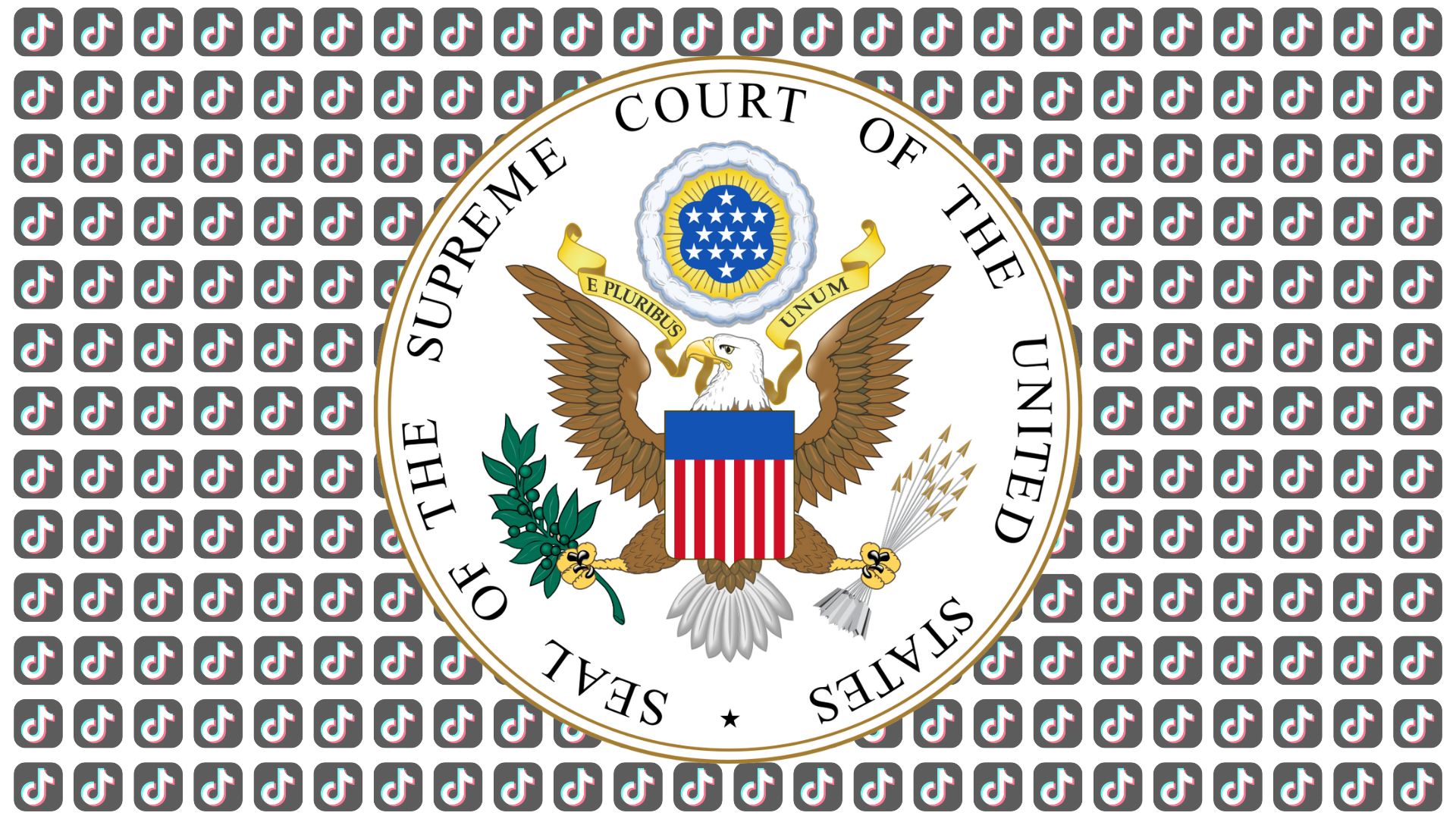Well, today is January 8th, 2025. Two days from now, the Supreme Court of the United States will hear oral arguments on the TikTok Ban. Whatever the result is, it will mark a before and after the Social Media world.
Should we be scared?
Why Do They Want to Ban TikTok?
In short, the US has some concerns regarding national security and how TikTok collects data, all based on the fact that TikTok’s parent company, ByteDance, is a Chinese company.
We will not go into much detail here as it is not our intention or our job to analyze whether there is a real threat, nor do we have an adequate amount of information—except for the claims of the US government—regarding what kind of threat TikTok represents. All we know is that the US says there is a threat, while TikTok claims all US data is secure and stored in the US, representing no real threat.
How Will the TikTok Ban Work?
First, you should know that if the TikTok ban takes effect on January 19th, as currently scheduled, you will NOT lose access to the app immediately. The law prohibits any entity from facilitating the download or maintenance of the TikTok application—meaning the app will no longer be available for download in the App Store or the Google Play Store.
If the ban goes into effect, new users won’t be able to download the app, and current users will not be able to receive updates. This will gradually affect the app’s performance until it becomes completely inaccessible/unusable.
Who Would be Affected?
Three important groups of people will be affected by the TikTok ban:
👉The Current User Base
👉The Advertisers
👉TikTok US Employees
The Current User Base
The current user base, including regular users, influencers, and businesses, will lose access to the platform and any content that is not downloaded. Small businesses might also experience losses and additional expenses: more than 7M small businesses use TikTok in the US, and, according to reports by TikTok, small businesses earned approximately $15B in revenue thanks to the platform in 2023 thanks to the organic reach and advertising efforts in the platform. Without TikTok, many small businesses might need to pivot or even start investing more in other platforms and advertising methods, increasing their costs over time.
The Advertisers
Advertisers, on the other hand, might need to move their efforts elsewhere. According to the research firm Emarketer, TikTok’s ad revenue in the US should be around $12.3 billion in 2024. While Meta’s advertising income is bigger, this is still a significant amunt of ad spend. The platform’s unique user base and audiences, along with their engagement rates, make them unique when it comes to performance.
TikTok US Employees
Of course, we should not forget about the employees. TikTok has around 7K employees in the US who are now in limbo, as they might lose their jobs if the app is banned.
What Happens Next?
Well, that will depend on what the Supreme Court decides. If the ban is upheld, there is nothing—legally at least—that can be done, as the Supreme Court’s decisions cannot be appealed.
Banning TikTok might set a precedent for how the US government deals with other foreign-owned tech companies. Apps like WeChat and CapCut have already faced scrutiny, and this ruling could open the door to similar bans or restrictions in the future. Furthermore, this case might influence how other countries handle similar concerns. For instance, India banned TikTok in 2020, and Europe is currently exploring stricter data privacy regulations for global tech companies. Could the US ruling lead to a domino effect worldwide?
On the other hand, if the ban is overturned and TikTok gets saved, it might reignite debates around data privacy laws and the need for a unified federal framework. New regulations might come for social media platforms and online businesses in general.
Regardless of the fact this is still an ongoing case, it has changed something within the tech world and social media: it has lead to the platforms reexaminating their data practices. Expect more discussions on how global companies collect and use data—and whether other apps might face similar scrutiny in the future.
How Would the TikTok Ban Affect the Social Media Landscape?
US social media could look very different if the ban is upheld and TikTok goes bye-bye. Competitors like Instagram Reels, YouTube Shorts, and Snapchat Spotlight may become the primary alternatives for short-form video content. However, none of these platforms have been able to replicate TikTok’s algorithm-driven content discovery to the same extent.
Influencers and businesses might need to work extra to reestablish their presence on these platforms as they adapt to new formats, audience behavior, and ad structures. The loss of TikTok could also push some users to lesser-known platforms like Triller or Clapper. However, these alternatives have much smaller user bases and limited global reach.
What Should Users and Businesses Do?
Our first piece of advice is not to panic (much). While losing TikTok might have hard consequences, we are firm believers that everything in life has a solution—except death, which nobody is dying except for TikTok. For starters, right now, we should act on the side of caution:
- Diversify Content Strategies: If you’re an influencer or a business, build a presence on other platforms. While TikTok has been incredibly effective, putting all your eggs in one basket is always a bad idea.
- Back-Up Content: If TikTok is banned, any content not downloaded or saved might be lost forever. Start exporting important videos and creative assets.
- Explore Alternatives: Test other platforms to see which ones align with your audience and goals. Instagram Reels and YouTube Shorts are the most similar. Still, platforms like LinkedIn or Pinterest might also work, depending on your niche.
We are eager to see how this unfolds. If you ask us what we think should happen, our honest opinion is to eliminate the BOIR (if you do not know what this is, Google it or ask your accountants/lawyers) and keep TikTok. LOL!
Of course, as of right now, we can only hope for the best.
What do you think the Supreme Court will decide? Will TikTok survive?






